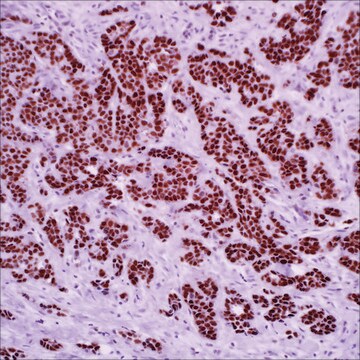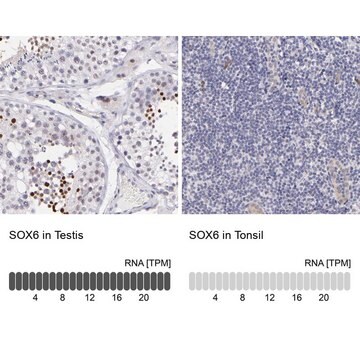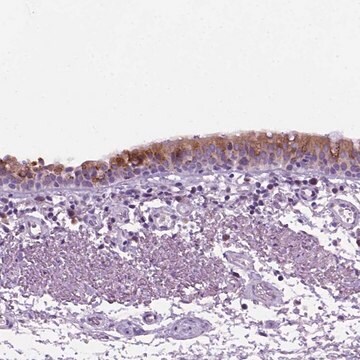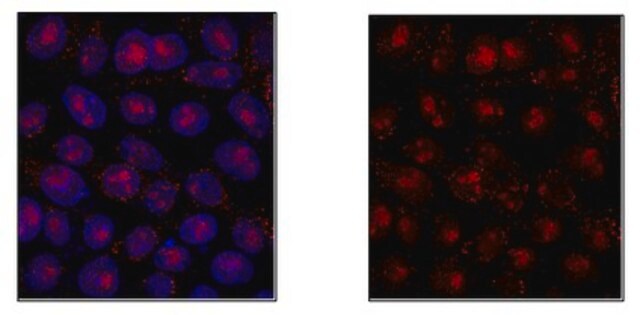05-1466
Anti-FOXA1 Antibody, clone 2F83
clone 2F83, from mouse
Synonym(s):
Forkhead box protein A1, forkhead box A1, hepatocyte nuclear factor 3, alpha
About This Item
Recommended Products
biological source
mouse
Quality Level
antibody form
purified antibody
clone
2F83, monoclonal
species reactivity
human, mouse
technique(s)
immunocytochemistry: suitable
immunohistochemistry: suitable (paraffin)
western blot: suitable
isotype
IgG1κ
NCBI accession no.
UniProt accession no.
shipped in
wet ice
target post-translational modification
unmodified
General description
Specificity
Immunogen
Application
Independent labs have verified this clone to work in paraffin-embedded IHC (IH(P)) of various mouse tissues including both embryonic and adult brain, adult digestive tract, adult respiratory tract, and adult urinary tract. Staining was performed using the antibody at a 1:2,000 dilution, but dilutions and conditions must be user optimized.
Epigenetics & Nuclear Function
Transcription Factors
Quality
Western Blot Analysis: 1:1,000 dilution of this antibody was used to detect FOXA1 in HeLa nuclear extract.
Target description
Physical form
Storage and Stability
Other Notes
Disclaimer
Storage Class Code
12 - Non Combustible Liquids
WGK
WGK 1
Flash Point(F)
Not applicable
Flash Point(C)
Not applicable
Certificates of Analysis (COA)
Search for Certificates of Analysis (COA) by entering the products Lot/Batch Number. Lot and Batch Numbers can be found on a product’s label following the words ‘Lot’ or ‘Batch’.
Already Own This Product?
Find documentation for the products that you have recently purchased in the Document Library.
Our team of scientists has experience in all areas of research including Life Science, Material Science, Chemical Synthesis, Chromatography, Analytical and many others.
Contact Technical Service








